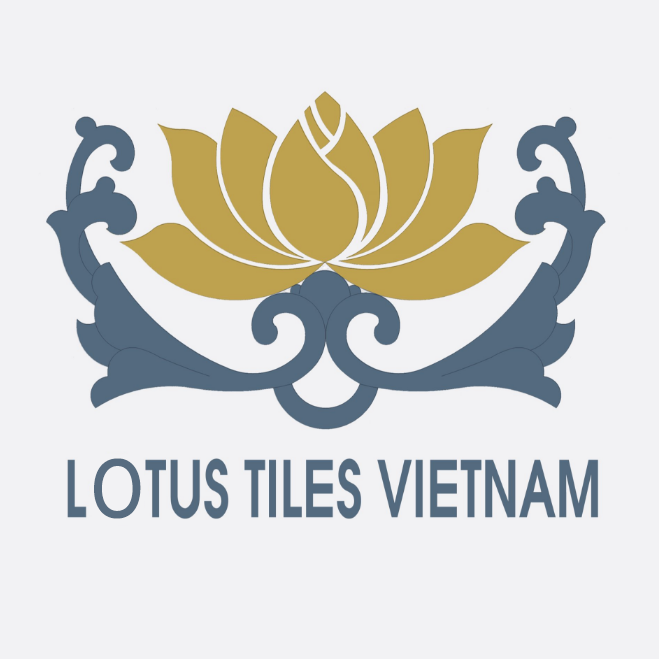Characteristic
Here are some frequently asked questions and corresponding answers. If you have any other questions regarding our products and services, please send your questions to gachbongsenvietnam@gmail.com Thanks.
Encaustic cement tiles are hand-made, aesthetic tiles with many colored patterns used for floor and wall coverings. Can use indoor or outdoor. Our tiles are made with two layers: The first layer (about 2-3mm thick) is a mixture of white cement, pigment, stone powder and additives which is hand-poured into divider mould to create desired patterned. The second layer is made of grey cement and sand to ensure the strength of tiles.
Yes. Please be aware that cement tile is a handmade product. Cement tiles will not be identical from piece to piece. Slight variations such as size, shade, slight imperfections, irregular edges are inherent to this product and can vary from piece to piece. This adds to the natural appeal and does not compromise the performance. Secoin does not give warranty against shade variations.
The patterns are neither painted nor printed. Liquid colored materials (consisting of white cement, pigment, fillers, additives which are friendly to the environment) are hand-poured into divider molds to create these patterns. They are actually a layer of approx. 2-3mm. Therefore, the patterns will last very long and never go away. There are many ancient buildings in which cement tile floors have been existing for more than 100 years but still very beautiful. We have a short video on “how is cement tiles made” , with an explanation and additional photographs.
Our standard thikcness for cement tiles is 1.6cm for most of sizes
As a characteristic of cement tiles, our products do not have exactly the same thickness. There is certain allowed tolerance, which is about +/- 1mm for thickness of tiles. Due to the tolereance, it is recommended to use mortar instead of glue when laying tiles so as to easily adjust tiles to a flat surface.



